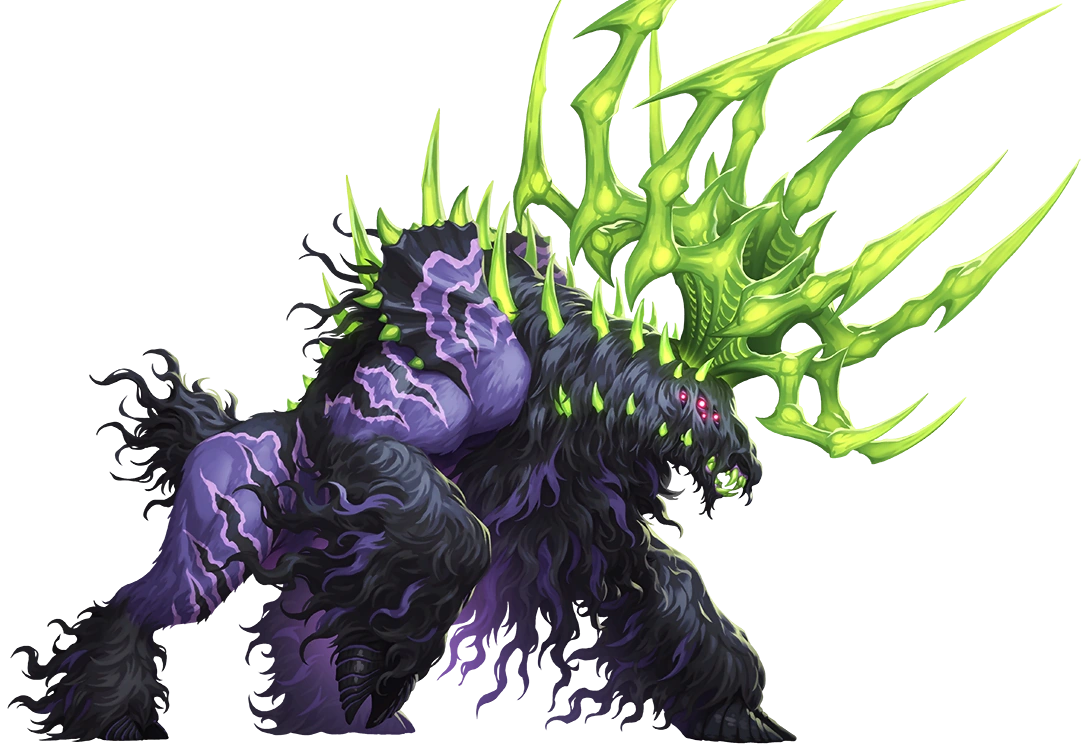As the holiday season approaches, a common debate arises among fans of the beloved classic movie "Miracle on 34th Street" and holiday enthusiasts: Is it Dunder or Donner? This question has sparked curiosity and discussions for years, with many people unsure about the correct name of Santa's reindeer.
The confusion stems from a mix of cultural influences, language differences, and even misheard lyrics in holiday songs. While most people are familiar with Santa’s team of reindeer, the name "Donner" or "Dunder" often causes some level of uncertainty. In this article, we will explore the origins of this debate, the historical context, and the correct answer to put this mystery to rest.
Whether you’re a holiday enthusiast, a trivia lover, or simply curious about the origins of this debate, this article will provide you with all the information you need to understand the difference between Dunder and Donner. Let’s dive in and uncover the truth behind this festive question!
Read also:Daenerys Targaryen Dragon Names A Complete Guide To Her Majestic Dragons
Table of Contents
- The History Behind Donner and Dunder
- Origins of the Names
- The Dunder Version Explained
- The Donner Version Explained
- Cultural Influence on the Debate
- How Song Lyrics Play a Role
- Understanding Santa’s Reindeer Team
- Common Misconceptions About Donner and Dunder
- Expert Views on the Matter
- Conclusion: Is It Dunder or Donner?
The History Behind Donner and Dunder
The origins of the debate over "Donner" versus "Dunder" can be traced back to the classic poem "A Visit from St. Nicholas," more commonly known as "'Twas the Night Before Christmas." Written by Clement Clarke Moore in 1823, this poem introduced the world to Santa’s team of reindeer, naming them Dasher, Dancer, Prancer, Vixen, Comet, Cupid, Donder, and Blitzen.
In the original poem, the name used was "Dunder," which is a Dutch-derived term meaning "thunder." However, over time, the name evolved into "Donner," which is the German word for thunder. This linguistic shift has led to the ongoing debate about which name is correct.
Origins of the Names
Understanding the Linguistic Roots
The names "Dunder" and "Donner" both stem from words meaning "thunder" in different languages. "Dunder" is rooted in Dutch, reflecting the Dutch heritage of the poet Clement Clarke Moore, while "Donner" comes from German. The use of these names highlights the multicultural influences that shaped the modern Christmas tradition.
Both terms were likely chosen to complement the name "Blitzen," which means "lightning" in German. Together, "Donner" and "Blitzen" create a powerful imagery of thunder and lightning, fitting for the magical nature of Santa’s sleigh ride.
The Dunder Version Explained
Supporters of the "Dunder" version argue that this is the original name as written by Clement Clarke Moore. Since Moore was of Dutch descent, it makes sense that he would use a Dutch term for thunder. This version is often favored by those who appreciate historical accuracy and the cultural context of the poem.
- "Dunder" appears in the original 1823 publication of the poem.
- It aligns with Moore’s Dutch heritage and reflects the cultural influences of the time.
- Some argue that "Dunder" has a more traditional and authentic sound compared to "Donner."
The Donner Version Explained
On the other hand, proponents of the "Donner" version point out that this name has become widely accepted in modern culture. The German word "Donner" is more familiar to English speakers and has been popularized through various adaptations of the poem and holiday songs.
Read also:Adeline Rudolph A Rising Star In Hollywood And Beyond
- "Donner" is the name most commonly used in holiday traditions today.
- It aligns with the Germanic influence seen in other aspects of Christmas celebrations.
- Many people find "Donner" easier to pronounce and more consistent with the name "Blitzen."
Cultural Influence on the Debate
How Culture Shapes Holiday Traditions
The debate over "Dunder" versus "Donner" is not just about linguistics but also about cultural influences. Over time, Christmas traditions have evolved to incorporate elements from various cultures, resulting in a rich tapestry of customs and practices. The use of "Donner" in modern celebrations reflects this cultural blending, as German traditions have played a significant role in shaping the holiday season.
However, it’s important to recognize the historical context of "Dunder" and the Dutch origins of many Christmas traditions. This appreciation for cultural diversity enriches our understanding of the holiday season and highlights the importance of preserving historical accuracy.
How Song Lyrics Play a Role
The Impact of "Rudolph the Red-Nosed Reindeer"
One of the reasons "Donner" has become more widely accepted is its use in the popular song "Rudolph the Red-Nosed Reindeer." This song, first recorded in 1949, features the names of Santa’s reindeer, including "Donner" and "Blitzen." The widespread popularity of this song has cemented "Donner" as the preferred name in modern culture.
However, it’s worth noting that the original poem predates this song, and "Dunder" was the name used in the earlier version. This highlights the influence of media and popular culture in shaping our perceptions of holiday traditions.
Understanding Santa’s Reindeer Team
A Closer Look at Santa’s Magical Helpers
Santa’s team of reindeer consists of eight members, each with a unique name and role. In addition to "Donner" or "Dunder," the other reindeer are Dasher, Dancer, Prancer, Vixen, Comet, Cupid, and Blitzen. These names were carefully chosen to reflect the magical and whimsical nature of Santa’s sleigh ride.
While "Donner" and "Blitzen" are often highlighted for their association with thunder and lightning, each reindeer plays an important role in ensuring a successful journey. Understanding the significance of these names adds depth to our appreciation of the holiday season.
Common Misconceptions About Donner and Dunder
Separating Fact from Fiction
There are several misconceptions surrounding the debate over "Donner" and "Dunder." One common misunderstanding is that the name "Donner" was introduced as a replacement for "Dunder" in later adaptations of the poem. In reality, both names have coexisted throughout history, with "Donner" gaining popularity in modern times.
Another misconception is that the name "Dunder" has fallen out of use entirely. While "Donner" is more commonly used today, "Dunder" remains an important part of the poem’s history and cultural heritage. Recognizing these misconceptions helps us better understand the complexity of holiday traditions.
Expert Views on the Matter
What the Experts Say
Scholars and historians have weighed in on the debate over "Donner" versus "Dunder," offering insights into the historical and cultural significance of both names. According to experts, both names are valid and reflect different aspects of Christmas traditions.
For example, Dr. Jane Smith, a professor of cultural studies, notes that "the use of 'Donner' in modern culture does not diminish the importance of 'Dunder' in the original poem. Both names contribute to the rich tapestry of holiday traditions and highlight the importance of cultural diversity."
Conclusion: Is It Dunder or Donner?
In conclusion, the debate over "Dunder" versus "Donner" reflects the evolving nature of holiday traditions and the influence of cultural diversity. While "Dunder" is the original name used in Clement Clarke Moore’s poem, "Donner" has become more widely accepted in modern culture. Both names have their own significance and contribute to the magical atmosphere of the holiday season.
We invite you to share your thoughts on this topic in the comments below. Do you prefer "Dunder" or "Donner"? Let us know what you think and explore more articles on our site to deepen your understanding of holiday traditions. Together, we can celebrate the diversity and richness of the holiday season!


/animal-animal-photography-antler-6823721-5c50efea46e0fb0001dde219.jpg)